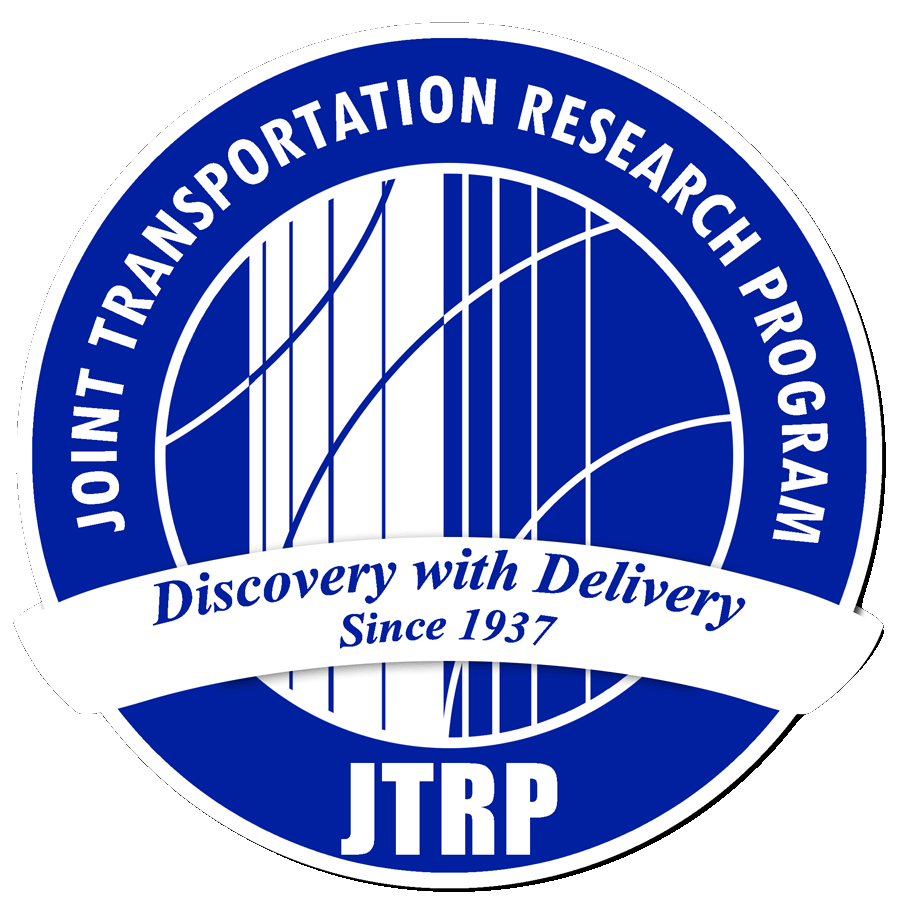Abstract
The current Superpave asphalt binder specifications do not address durability issues and do not adequately address fatigue. Several approaches have been proposed by different researchers to address both these durability issues. Some of the proposed refinements are quite complex, but one, ΔTc (delta Tc), is gaining favor because it is computationally simple and uses the existing BBR test method and data. This research explored the possible advantages and disadvantages of implementing a ΔTc limit in Indiana as one means to control binder-related durability cracking issues. This was accomplished by performing a detailed literature review, analyzing data for commonly used binders in the state as well as RAP stockpile data, and conducting laboratory testing on a range of asphalt binders with varying reclaimed asphalt pavement (RAP) and recycled asphalt shingle (RAS) contents.
At this time, it is not recommended that INDOT implement ΔTc in its specifications. This recommendation is based in large part on several remaining issues. One primary consideration is the caution against using ΔTc for polymer modified binders. The results of testing unmodified binders seem to be more meaningful but would require identifying or assuming which binders are unmodified and handling them differently in the lab, which could be problematic. Another consideration is that the need for 40-h PAV aging is still being debated. INDOT could consider ΔTc a characterization or research tool for forensic studies, for certain applications like high recycled material contents, or other investigations. As research continues on a national level, future implementation in a purchase specification or quality acceptance process may become advisable.
Keywords
binder, cracking, delta Tc, rheology
Report Number
FHWA/IN/JTRP-2019/14
SPR Number
4115
Sponsoring Organization
Indiana Department of Transportation
Performing Organization
Joint Transportation Research Program
Publisher Place
Purdue University
Date of Version
2019
DOI
10.5703/1288284316923
Recommended Citation
McDaniel, R. S., & Shah, A. (2019). Investigation of delta Tc for implementation in Indiana (Joint Transportation Research Program Publication No. FHWA/IN/JTRP-2019/14). West Lafayette, IN: Purdue University. https://doi.org/10.5703/1288284316923


